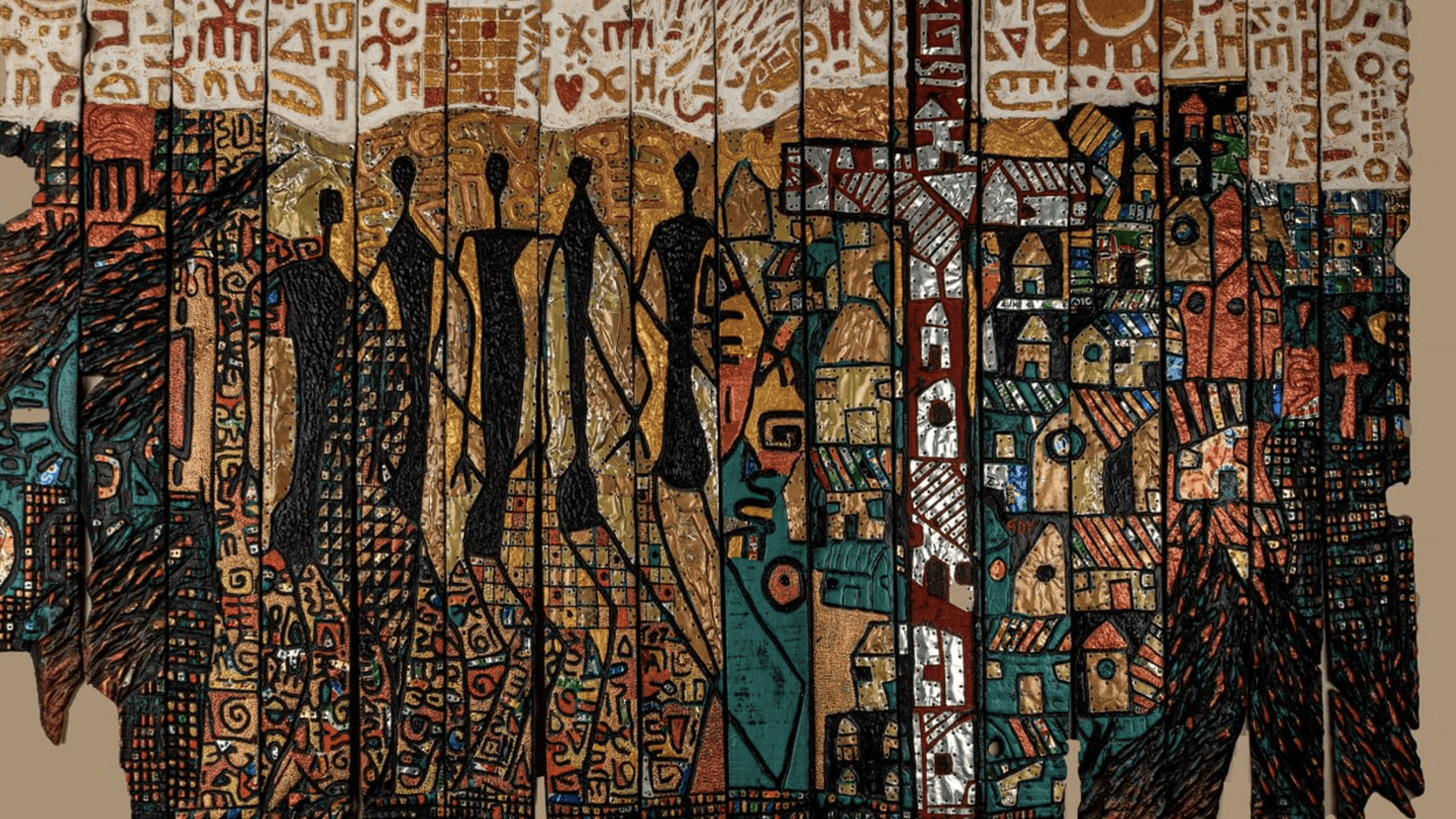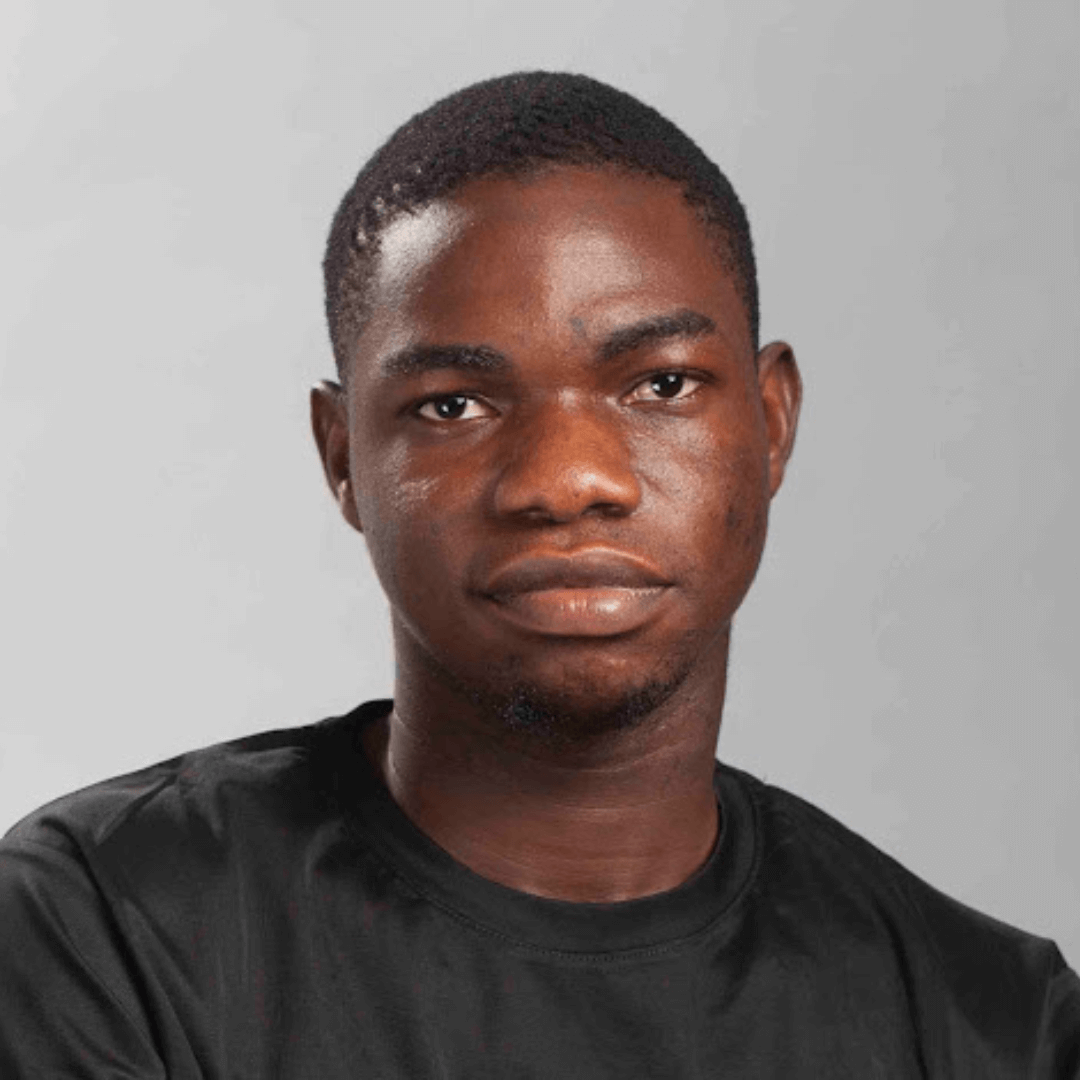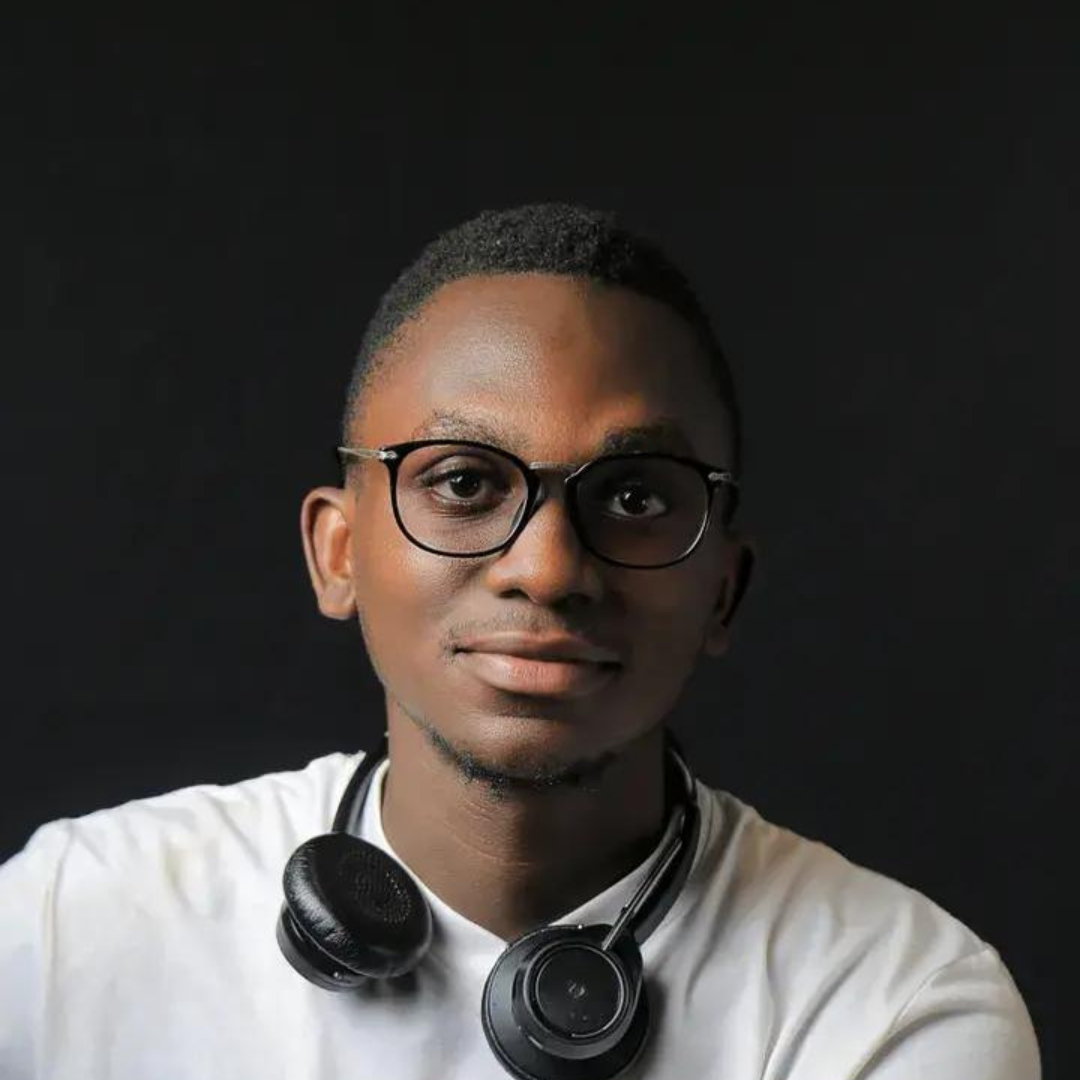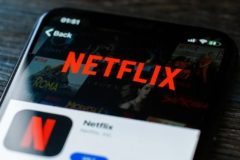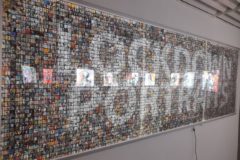ARTSPLIT, the art investment platform, is making alternative investment assets such as artworks and music more inclusive and accessible for everyday people and at the same time, helping artists to make money from their works.
Art pieces are expensive, but what if, with only a token, you could own a slice of one of these masterful creations? That’s the sales pitch of ARTSPLIT, an alternative investment platform founded by Onyinye Anyaegbu, Nonso Okpala, Niyi Adenubi and Ayobami Jikiemi. ARTSPLIT’s technology lets users co-own rare and valuable African artworks with as little as $3.
“For us, the question was, ‘What if an artist could actually just sell a portion of their work without selling the full work’? They don’t lose the work entirely, and they still have access to it physically. But then other people can co-own with them and they get financial compensation without losing their work,” Anyaegbu, co-founder and executive director, told TechCabal over a Google Meet call.
How ARTSPLIT works
ARTSPLIT solves two basic problems: lowering the cost barrier to investing in art and access to liquidity for the collector or artist. With the app, users buy “Splits,” which are digital fractions of prominent African artworks. “If an artwork costs around $230,000 for instance, we break that down into 100,000 Splits and then it takes the entry point to $2.30.”
Any Artsplit user can own a Split by bidding during an auction; several people can also co-own a Split. Through a ‘Lease Auction,’ users can win physical custody of these split artworks for a set period of two years. There is also an ‘Open Market’ which allows art collectors to buy inexpensive artworks and introduce young artists to a wider audience. After an auction is completed, the income goes to the artist and ARTSPLIT gets an agreed commission. Anyaegbu disclosed that over 70 artworks have been auctioned or sold on the open market.
Artworks are a tricky asset to own because prices are volatile. Non-fungible tokens (NFT), which became popular in 2021, threw prices and valuations in a funk. According to Forbes, investing in art could provide lower returns than investing in stocks. That’s because it’s thought of as a passion investment. As this article explains, art tends to work best as a long-term investment because it takes a longer time to sell a valuable piece of art.
ARTSPLIT’s business model—splitting ownership of artworks—isn’t new, existing platforms like Masterworks allow users to invest in multi-million dollar works of art by artists like Basquiat, Picasso, and Banksy. The difference is that ARTSPLIT focuses on African art and artists. The idea of art investing is still nascent in Africa because of the long-term nature of the investment. Considering the high level of poverty on the continent, Africans are often on the lookout for quick money investment options. ARTSPLIT says it has over 50,000 users on its app, but not everyone will consider co-ownership of artworks as a viable proposition.
Not just artworks, but music too
With Afrobeats on a global rise, ARTSPLIT also offers fans the opportunity to fund their favourite artistes for a chance to earn part of their royalties. In January, the company launched MusicSplit, a product that allows fans to buy shares of songs of the Afrobeats artists, starting with the Nigerian singer KingPerrry. Anyaegbu explained that MusicSplit was designed to help independent artists gain access to funds from their works.
“So what we’ve done with MusicSplit is using our “Splits” framework and leveraging music as an asset in itself, where the return on the assets is not just in the valuation of the work of the assets in the trade market but also in the streaming income that comes in on a monthly basis,” she said. When asked about the partnership with KingPerrry, Anyaegbu said that users—which she fondly calls investors—bought 30% of his projects. This means for every streaming income he makes on that project, one-third of it goes to the investors.
The idea of funding songs or artists in exchange for returns isn’t new in Africa. However, this can best for work for popular artists who can boast of a large following that will translate into streaming numbers. For lesser-known artists, this might be difficult. Edwin Madu, a musician and now label owner, once told TechCabal that the royalties from streaming are not the money-making game many people believe them to be.
What’s next for ARTSPLIT?
While ARTSPLIT is still in its early days, there are promising signs of growth. Last year, the company raised $5 million which barely made the news. According to Anyaegbu, this was due to the nature of the investment because ARTSPLIT is registered as a private limited company. Since the previous raise, the company has raised about $7 million in funding.
Slush with funds, the company has now expanded beyond Nigeria to Ghana and South Africa. Anyaegbu told TechCabal that the next big thing for ARTSPLIT is to focus on scaling its technology and making strategic investments within the art space to drive its growth. “We want ARTSPLIT to be space for African art when you are thinking about investment grade works. We really want to build a thriving economy for arts,” she concluded.







